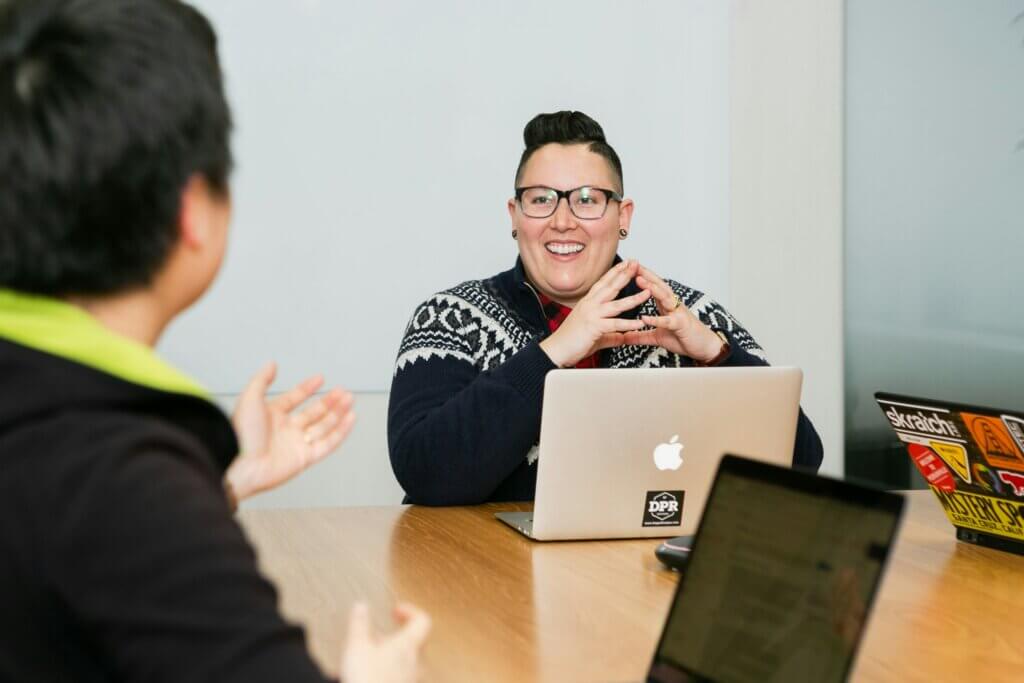I don’t want to leave you hanging, so let me start here:
I’m 35 right now, and I’m in the midst of a career change. So I’d say, no, it’s not too late for a career change at 35.
I finally decided to pursue a new career path at age 32, and admittedly, it feels like it’s taken a long time to get here. But even if I were starting today, at the ripe old age of 35.75, it would be worth it to me.
If you’re considering a career change in your mid-30s, welcome — and get ready to meet your favorite version of yourself.
It’s Never Too Late to Switch Careers
Is 35 too late for a new career? What about 45? 55? 60?
According to ZipRecruiter, about 1 in 4 workers over the age of 55 have reported having trouble finding work during their job search, and over half (53%) have experienced ageism in the workplace.
In the safety of that anonymous survey, even 25% of employers admitted that between 2 equally qualified job seekers, one age 30 and the other age 60, they’d choose the 30-year-old. (Bear in mind that age-related discrimination is illegal at the federal level … for workers 40 and over. Sorry, 39-year-olds!)
And if 25% would anonymously admit to ageist hiring practices, how many more are doing it and just not admitting it?
So look. I get that choosing a new career at 35 is scary.
But your 30s are an amazing time to take the leap!

And even though ageism is a valid concern as we get older, don’t let it stop you from taking on new challenges. You deserve a satisfying professional life no matter what age you are — and that includes your 40s, 50s, 60s, and retirement.
Why Start a New Career at 35? 12 Great Reasons
There are so many great reasons to start a new career — but a great reason for one person might not be a great reason for someone else.
So here are a wide variety of potentially great reasons to make a career change at 35:
- More meaning or purpose in your work
- A less demanding industry or profession
- More challenging opportunities
- Responding to economic trends (like an economic slowdown)
- Part-time opportunities
- Better salary and benefits
- Never changed careers before, or not for a long time
- Made a career change that wasn’t for you
- More travel
- Less travel
- Working directly with clients
- Moving behind the scenes
Yes, some of these are in direct opposition to others. That’s because, again, the right choice for you isn’t the right choice for everyone.
Some of us are looking for more advancement opportunities and ways to climb the ladder. Others want to get off the damn ladder entirely.
That’s why the only person who can determine what a successful career change looks like for you is… you.

5 Key Steps: How to Change Careers at 35
It may not surprise you that the steps to switch careers at 35 don’t look much different from the steps you might take at other points in your life. Still, if you haven’t changed careers in a while, or *cough* never (that was me), a refresher doesn’t hurt.
1. Assess Your Current Job
Don’t skip this step! Before your job search, and even before exploring other careers, you need to understand how you got here.
What aspects of your current career make you want to run away and never come back?
What do you still enjoy about your job?
By understanding your current situation, you’ll have a much clearer picture of what you want and don’t want from your new career.
Not sure where to start? Our free Career Fit Checklist can help:
2. Research Job Options
When you’re trying to decide on a new career, it’s easy to fall into the quiz trap. Everywhere you look, there’s a “Should I Quit My Job” quiz or “Find Your Perfect Career in 5 Easy Questions” survey.
If you’re a people-pleaser or don’t have a strong sense of self (like me when I was first considering a new career), these quizzes can throw you off.
Their generic answers — “Teacher,” “Graphic Designer,” “Entrepreneur” — can be presented in a way that sounds cool at first, but might not align with what you want or need.

Instead, try to remember this: You don’t need advice or generic quiz results. Really!
That’s because you already have opinions and ideas about your next career choice.
Yes, you do — even if you can’t see them yet.
You’ll start to find them once you start to believe that you deserve a new job you enjoy, believe your ideas are valid, and start to trust yourself.
I know — some of those feel huge. They are definitely easier said than done… but career discovery coaching can help!
the reticular activating system: how focus guides your brain
And here’s a fun thing about your brain: the more you focus on something, the more you’ll notice that thing everywhere. Maybe everyone started talking about your college before you picked it, or every runner you pass is wearing those shoes you’ve been researching.
Thanks to your reticular activating system (RAS), your brain focuses on identifying and collecting data about that topic on autopilot!
So as you keep thinking about your career path, you’ll naturally begin to see the clues about your next career all around you.
3. Identify Transferable Skills
I recommend saving this until after you’ve identified your favorite potential careers.
For me, it was really difficult to see how my skills from my current career path could apply to literally ANYTHING else — until I found my path.
Then I began to see all kinds of connections. I started to see how a few important skills of mine would transfer perfectly (like in-depth 1-on-1 conversations, writing, and project planning). And as I looked at the new skills my coaching career would require, I had more confidence that my existing skills would help me gain experience in the new ones.
But for me, this wasn’t possible until I had the career identified and that new set of skills in front of me.
So I say: Don’t stress about picking a new career BASED on your transferable skills. Instead, find fulfilling career paths you could see yourself really loving — and then let those paths reveal your transferable skills.
4. Build a solid Network
I’ve probably worked with thousands of people throughout my career. Colleagues, contractors, clients, people at conferences and networking events… thousands and thousands.
So tell me why, when I’d been on LinkedIn since college, I had just barely 200 LinkedIn connections 12 years later?
Well, for one thing, networking was not my strong suit. Plus, I never really thought about my next job. I wasn’t planning for the future — I was too busy panicking about the present.
Yet, it’s amazing the traction I’ve gotten from just a handful of people in my small network.

I’m still kicking myself about all the missed opportunities I could have had. Imagine if I had stayed connected to even 20% of the people I worked with over the years…
So take it from me and don’t miss your shot. Make those connections with other experienced professionals now — while you still have access to your work emails.
Which brings me to…
5. Update Your LinkedIn Profile and Resume
If you, like me, haven’t updated your LinkedIn profile since your last promotion… or maybe even before that… this is a good time to do it.
The degree to which you update it will depend on where you are in your career change. If you haven’t told a soul, don’t go much further than describing your current job in depth and adding any new skills. Maybe solicit a few endorsements or recommendations, too.
In the meantime, build your career change resume in a private doc!
But don’t post about your career change dreams on social media platforms, or list yourself as “Open to Work,” before putting in your notice.
Want more ways to prepare for switching careers? Check out 4 Powerful Ways to Prepare for Career Transitions
Best Jobs to Consider For a Career Change at 35
“Ok Lucy — what are the best careers for a 35-year-old?”
Nope! Sorry. You won’t catch me giving that kind of advice.

As a coach, it’s my job to help you develop self-awareness. In other words — you have the answers already! You may just need some support to bring them to the surface.
Which is to say — I can help you to:
- Have compassion for yourself, just as you are, right now
- Understand what motivates and de-motivates you
- See what isn’t working in your current career
- Identify what you’d like from a future career
But I will NOT:
- Tell you what your ideal industry niche or dream job should be
- Give advice on changing careers based on my personal opinions or experiences
- Say or imply that I know what’s best for you
- Center my experience in our sessions
So, if you want a list of the 12 Best Careers For A Career Change At 35, this isn’t it — but I promise, you don’t need it.
Career Change at 35 FAQs
What should you know to change careers at 35 (or any age)? Here are a few questions people ask about this topic.
Is 35 too old to get into tech?
Your age isn’t the determining factor for getting into tech! You may be worried about ageism or falling behind your Gen Z peers, but the fact is that your knowledge, skills, and confidence will be your best assets in breaking into tech or any new career track.
So if you have no tech experience, yes, you will need further education. You might not have on-the-job training opportunities for tech jobs that pay well, so look into degrees, certifications, and training programs related to what you’re into.
To change careers and start in a new industry, focus on following your interests, leveling up your skills, and building self-awareness, self-compassion, and self-confidence to keep yourself moving when the going gets tough.

What is a good career change at 35?
A successful career change at 35 is the one you want. Period.
If you go for a career you aren’t interested in just because it’s a natural transition from your current job, sounds impressive, or has long-term job stability or great pay — it’s not a good career change, in my opinion.
Many would disagree with that, and I get it. Very, very few of us would do our jobs for free, and let’s not pretend that we would.
But taking a job that “you couldn’t pay me to do” because it happens to pay ridiculously well is probably not a great move for your happiness in the long run.
However…. To each their own. And that’s the total beauty of coaching!
My opinion about your career change doesn’t really matter. Say your career goal is to grit your teeth through something you hate for a few years and aim to retire early. Well, if that’s your top priority, that’s ALL that matters — not anyone else’s opinion!
Read more about changing careers in your 30s here: Want A Career Change In Your 30s? What You Need To Know
Can you still be successful at 35?
The key for you here is:
What’s your definition of success, in general?
What does success look like for you — and is that different from your perception of success in general?
Because maybe you’re asking if you can achieve financial stability at 35. But you might be asking if you can get a C-level position at 35. Or if you can save someone’s life at 35. Or if you can start your own business, or go to medical school, or find a better balance between family and career at 35.
By the way, the answer to any of these could be “yes!” Just, first, make sure you’re marching toward a definition of success that you really want for yourself.

Is 36 too old to start a new career path?
Absolutely not! Get after it.
I’ll turn 36 during my first full year of business, and I don’t feel too old. (Except when I vacuum… ugh, my back! Thank you, robot vacuums.)
Can I ask you a question, though?
This could be something to journal about — and by “journal,” I mean voice memo, talk through with a friend, think about in the shower or on a walk… however you process your thoughts. Because I’m curious about this:
Are you actually worried that you’re too old?
Or are you afraid you can’t do it? Or that you don’t know how? Maybe you worry people will judge you, or that you’ll have regrets.
In other words — I could be wrong, but this probably isn’t really about your age.
Conclusion: Is It Too Late to Make a Career Change at 35?
No.
But if you spend the next 2 years, 4 years, 8 years stuck in the same industry, just dreaming about making a change… you might end up at 40, 45, or 50, still asking if it’s too late.
Even then, I’d tell you it’s not.
But you might rather have 5-15 years of a more fulfilling career under your belt by then.
And if that’s the case — let’s talk!



